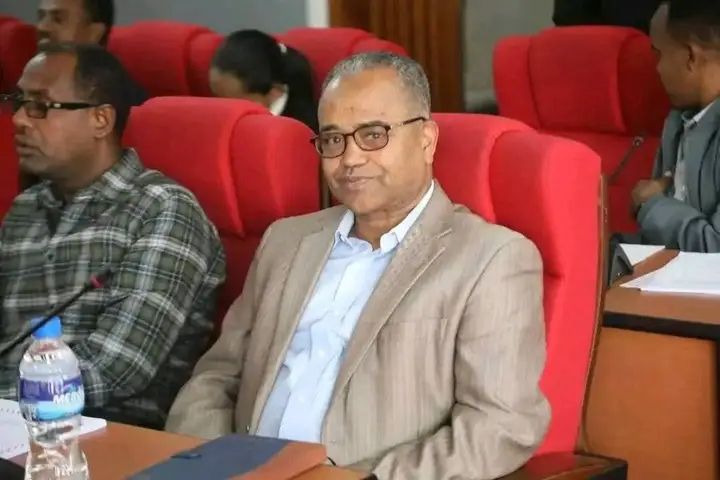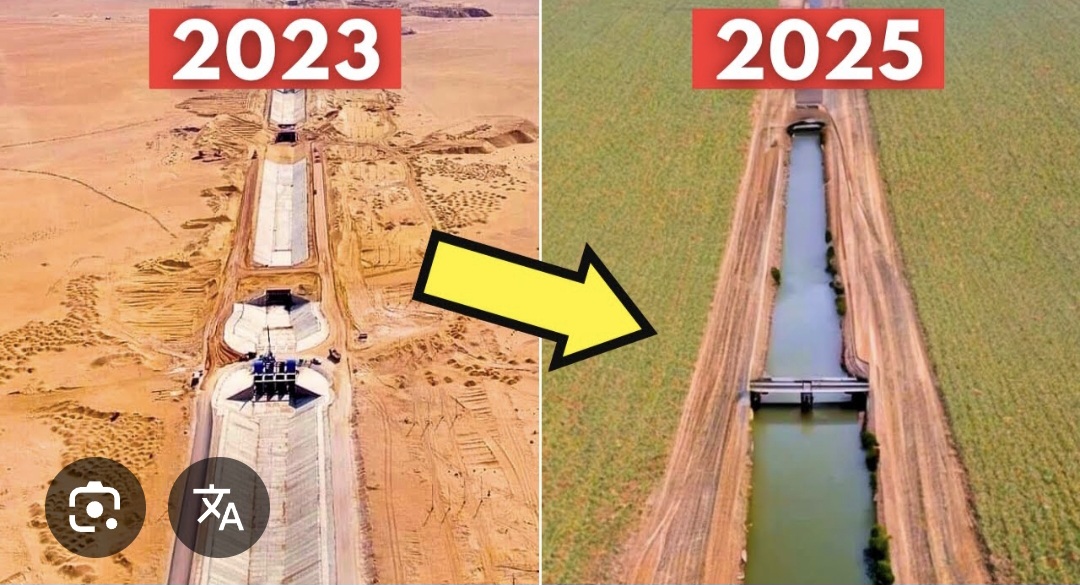Mekelle/Tel Aviv/Nairobi/Pretoria/London
Tigray War Marked by Genocide and Crimes Against Humanity, Inquiry Reveals
Mekelle, October 2025 — The Commission of Inquiry on Tigray Genocide (CITG) has released a comprehensive report concluding that the Tigray conflict, which took place between November 2020 and November 2022, was characterized by widespread sexual and gender-based violence amounting to genocide, crimes against humanity, and war crimes.
According to the report, available on the Commission’s official website [https://citghub.org/](https://citghub.org/), the findings are based on data gathered from 481,201 respondents across affected areas. Of these, 286,250 individuals representing approximately 59.5% reported surviving at least one form of gender-based violence (GBV). Among the survivors, 166,621 people (58.4%) experienced sexual violence, including rape and sexual slavery.
The report indicates that over 152,000 survivors (53.1%) were victims of rape, while 12.67% endured sexual slavery, often lasting for weeks or months. Many victims were subjected to repeated assaults during captivity. Psychological violence was reported by 54.8% of survivors, and severe physical assault by 36.43%. The Commission documented 975 survivors who suffered chemical burns and 529 individuals who were killed during assaults.
Notably, the report confirms that sexual violence targeted not only women and girls but also men and boys, underscoring the widespread and indiscriminate nature of the crimes.
CITG’s findings show that gang rape was the most prevalent form of sexual violence, affecting roughly 70% of those who participated in the inquiry. In 13.37% of reported cases, victims were attacked by groups ranging from six to fifty perpetrators. Additionally, 24.51% of survivors stated that family members were forced to witness the assaults, while 15.23% reported that relatives were coerced into participating in the violence.
In approximately 25.27% of documented incidents, foreign objects such as bayonets, razors, sand, nails, stones, plastics, and other materials were forcibly inserted into victims’ genital or anal areas, resulting in severe and lasting injuries.
The Commission also documented significant physical and reproductive health complications among survivors. About 19.02% reported physical injuries, and 16.66% suffered reproductive health issues, including genital trauma, fistulas, pregnancy complications, miscarriages, and sexually transmitted infections such as HIV. Physical injuries included immobility, fractures, dislocations, and loss of vision or hearing.
Psychological trauma was described as pervasive, with 73.6% of survivors exhibiting high levels of distress and 24.5% moderate distress. The report further notes that 41.11% of rape survivors faced marital strain or separation, and 26.71% experienced rejection or blame from family members or partners. Many survivors also reported the loss of property, displacement, and economic hardship as a result of the conflict.
Attribution of responsibility for the documented sexual and gender-based violence was distributed among multiple armed actors. The CITG report assigns 55.63% of cases to the Eritrean Defence Forces (EDF), 35.78% to the Ethiopian National Defence Force (ENDF), 5.75% to Amhara regional forces, and 0.07% to Afar forces. Co-perpetration by multiple forces accounted for 2.89% of recorded incidents.
The Commission concludes that these acts were systematic and coordinated, constituting crimes against humanity, war crimes, and genocide. It holds both state and individual actors including military and civilian officials at various levels criminally responsible for the atrocities.
CITG has called for urgent international accountability through mechanisms such as the International Criminal Court (ICC), the International Court of Justice (ICJ), and potential ad hoc tribunals. It also urges comprehensive support for survivors, including medical, psychosocial, and economic assistance, emphasizing that justice and rehabilitation are vital to preventing future atrocities.
The Commission reaffirmed its commitment to documenting crimes against humanity and ensuring that the atrocities committed during the Tigray conflict are acknowledged and remembered. The full report and supporting materials are accessible at [https://citghub.org/](https://citghub.org/) (CITG, 2025).






